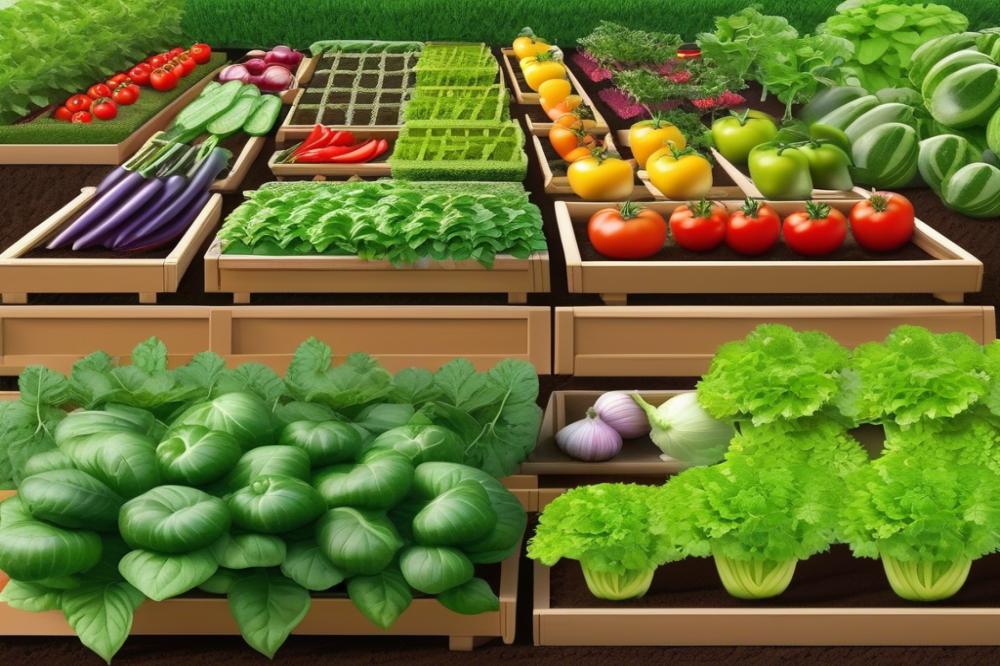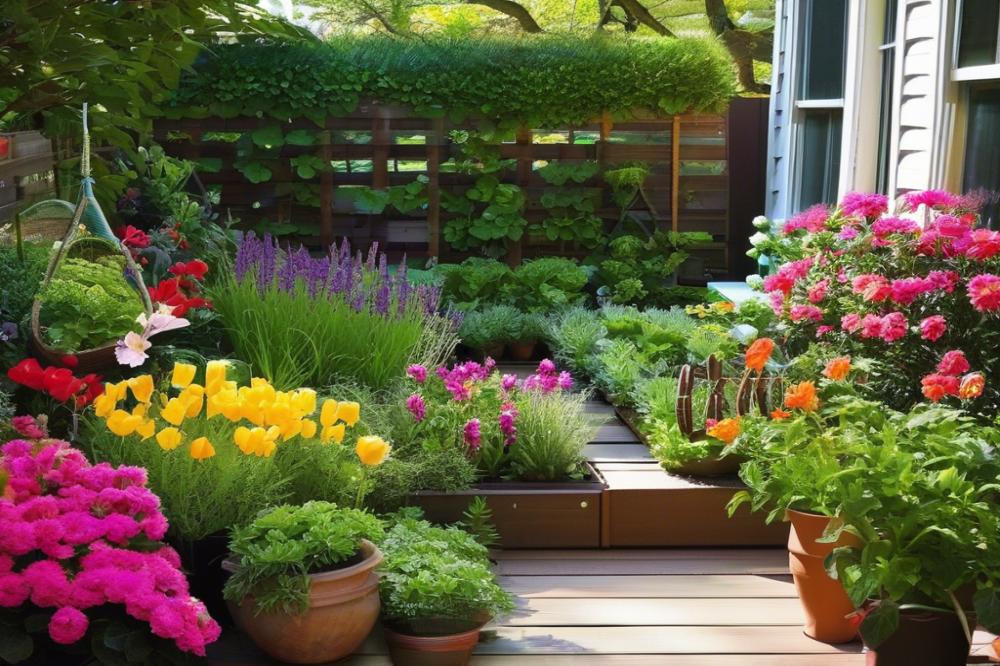Introduction
compost-for-vegetable-gardening”>vegetable gardening thrives when plants receive the right balance of nutrients. Using organic fertilizers plays a critical role in achieving this. These natural alternatives to synthetic options help gardeners grow healthy and delicious vegetables. When you choose organic fertilizers, you promote a healthier environment while also benefiting your garden.
The advantages of organic fertilizers are substantial. First, they enrich the soil with organic matter. compost and worm castings improve soil structure and enhance moisture retention. This means your plants can access nutrients more effectively. Another benefit involves sustainability. Organic options break down slowly, providing a steady supply of plant nutrients over time. This slow-release nature reduces the risk of nutrient runoff, which is often a problem with synthetic fertilizers.
Key players in the world of organic gardening include a variety of materials. Fish emulsion serves as a great source of nitrogen and minerals. Bone meal adds phosphorus, promoting strong root development. If you’re looking for a powerful protein boost, consider blood meal. Its high nitrogen content helps your plants grow vigorously. For those who want to enrich their garden naturally, kelp meal offers trace minerals and helps with plant stress. Manure, when properly composted, brings beneficial microorganisms to the soil.
Exploring these options can lead to remarkable results in your vegetable garden. Whether you’re a beginner or an experienced gardener, understanding the role of organic fertilizers is essential. They support plant health, encourage biodiversity, and contribute to a thriving garden ecosystem. This knowledge empowers you to create a lush and productive space right in your backyard.
Understanding Organic Fertilizers
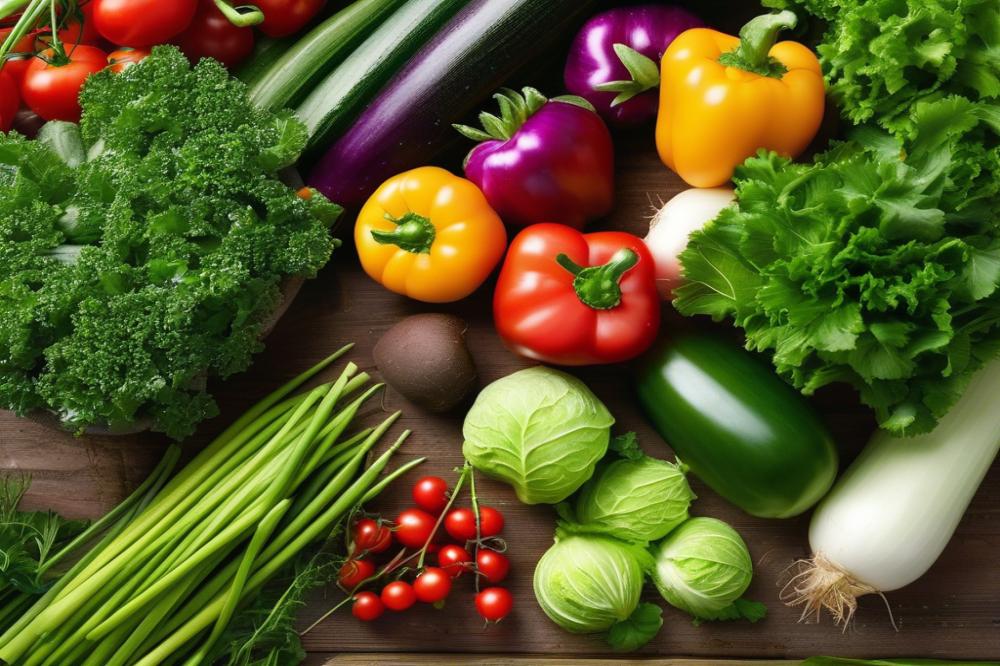

Organic fertilizers are natural products that enrich the soil and improve plant health. They come from various sources, including compost, manure, and plant materials. Their components, like worm castings, fish emulsion, and bone meal, provide essential nutrients for plant growth.
Applying organic fertilizers can significantly enhance soil structure. Healthy soil is sponge-like, allowing air and water to penetrate deeply. This structure helps roots access nutrients more efficiently. Slow-release fertilizers offer a steady supply of plant nutrients over time, reducing the risk of nutrient leaching.
Maintaining soil biodiversity is crucial for a thriving garden. When organic matter breaks down, it creates a network of beneficial microbes. These organisms support the growth of plants by breaking down complex substances into usable nutrients. Incorporating elements like blood meal, kelp meal, and various manures adds to this biodiversity, fostering a healthier ecosystem.
Choosing the right organic fertilizer impacts both immediate plant growth and long-term soil health. Many gardeners have noticed the benefits of using a mix of compost and worm castings. This combination not only nourishes plants but also enriches the soil with organic material. With the right approach, your vegetable garden can flourish like never before.
Top Organic Fertilizers for Vegetables
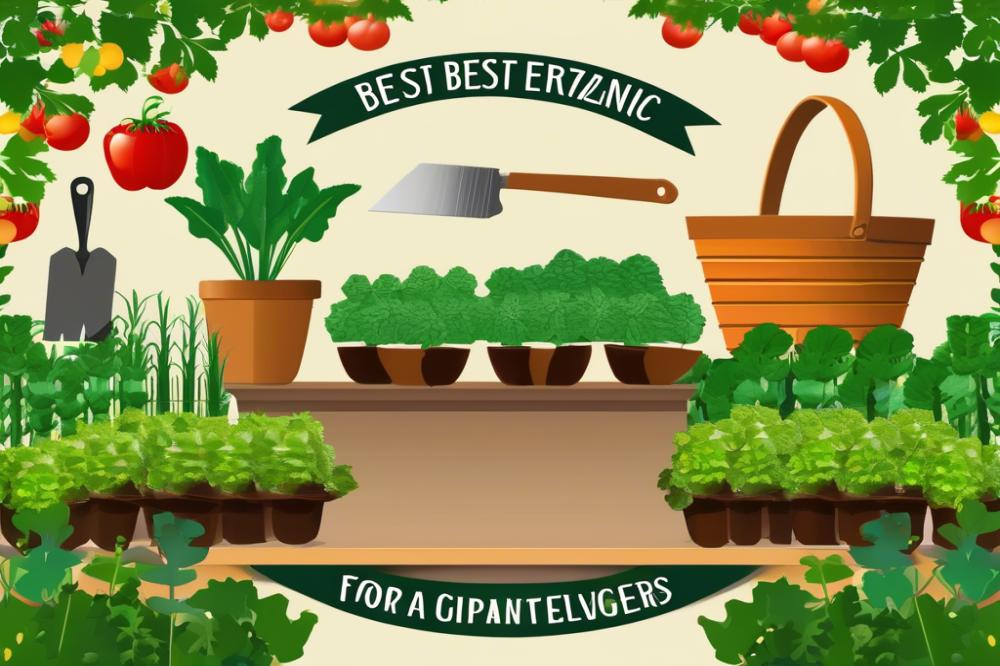

Compost
Compost is the powerhouse of organic gardening. It improves soil structure and boosts moisture retention. By creating your own compost, you recycle kitchen scraps and yard waste. Begin by collecting organic matter like vegetable peels, coffee grounds, and leaves. Layer these materials in a compost bin, turning them occasionally to aid decomposition. The finished product is rich in nutrients, making it excellent for your vegetable garden.
Worm Castings
Worm castings are a nutrient-dense option that every gardener should consider. They are packed with essential plant nutrients that enhance growth. To use them effectively, simply scatter a layer of castings around your plants or mix them into your soil. This method brings a burst of energy to your garden beds, resulting in healthier vegetables.
Fish Emulsion
Fish emulsion is another fantastic organic choice for feeding your plants. It contains a variety of nutrients that are essential for robust growth. Mix it with water as directed and use it to water your plants. Its liquid form allows for quick absorption, giving your vegetables what they need to thrive.
Bone Meal
Bone meal is a great fertilizer for promoting root development. Rich in phosphorus, it helps plants establish strong roots. Sprinkle it into the planting holes when you sow seeds or transplant seedlings. This approach supports the early growth stages of your vegetables.
Blood Meal
For a powerful nitrogen supply, blood meal is an excellent option. This organic fertilizer encourages lush, green growth in your vegetables. Careful timing of its application is essential; use it at the beginning of the growing season. This timing will ensure that your plants receive the nutrients when they need them most.
Kelp Meal
Kelp meal provides valuable trace minerals to support overall plant health. It enhances nutrient absorption and improves soil structure. Incorporate it into your soil before planting or mix it in with other fertilizers. Using it regularly can lead to a more vigorous vegetable garden.
Manure
Manure enriches the soil with organic matter and nutrients. Various livestock manures are available, each offering unique benefits. However, it’s crucial to compost manure properly before use. This process eliminates pathogens and balances nutrient levels, ensuring a safe application in your garden.
Slow-Release Fertilizers
Consider slow-release fertilizers for consistent feeding throughout the growing season. These products release nutrients gradually, which promotes steady growth. When selecting one for your vegetable garden, look for a balanced formula that suits your specific needs. This option reduces the risk of nutrient burn while providing lasting benefits.
Application Techniques for Organic Fertilizers
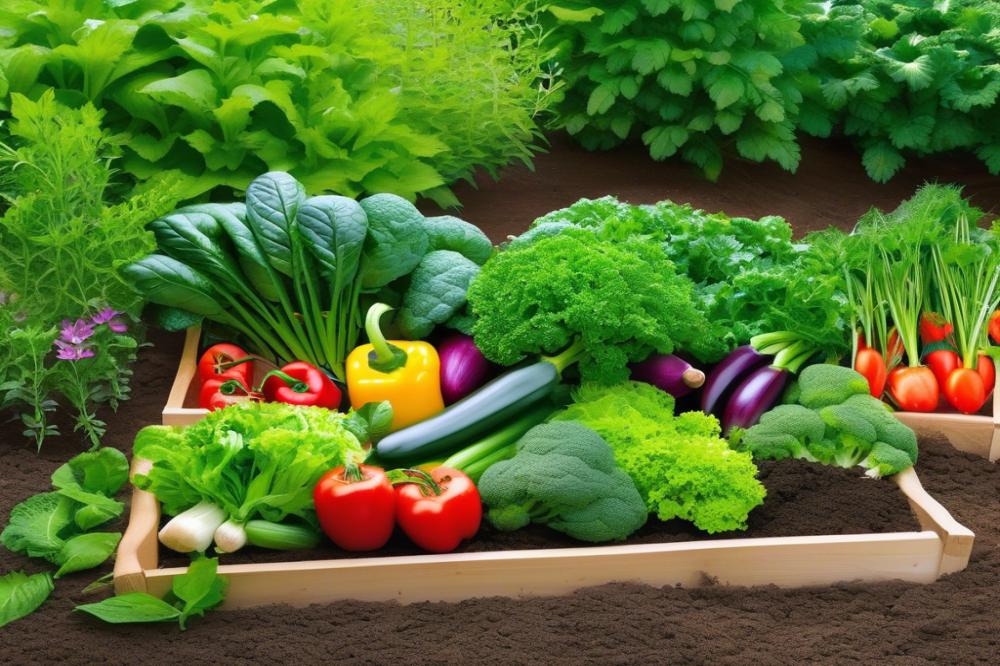

Incorporating organic fertilizers into your soil is essential for vibrant, healthy vegetables. Start by breaking up the soil where you’ll plant. This allows the soil to breathe and creates a welcoming environment for nutrients. Spread a layer of compost or manure over the area. These materials help improve soil structure and add organic matter.
Next, dig or till the organic matter into the top few inches of dirt. Some people prefer to use worm castings for a nutrient-rich boost. Mixing these into your soil can enhance microbial activity and optimize plant growth. When using fish emulsion, dilute it with water before applying. This liquid fertilizer quickly delivers nutrients directly to the root zone.
Timing plays a critical role in applying fertilizers. Before planting, you should work in slow-release fertilizers for a steady supply of nutrients. Early spring is an ideal time for this. Additional feeds can happen two to four weeks after planting, especially if your vegetables show signs of nutrient deficiency.
Space out applications throughout the growing season. Periodical feeding keeps plants thriving. A mix of blood meal and bone meal can significantly promote healthy growth and strong roots. Combining different sources can lead to balanced nutrition for your plants. Try mixing kelp meal with compost. This adds trace minerals that vegetables crave.
Monitor your plants’ progress. If they appear less vigorous, reconsider your fertilizer blend. Each plant type may have unique nutritional needs, so tailor your approach. Remember, successful gardening is about observation and adjustment.
Nutrient Needs of Different Vegetables
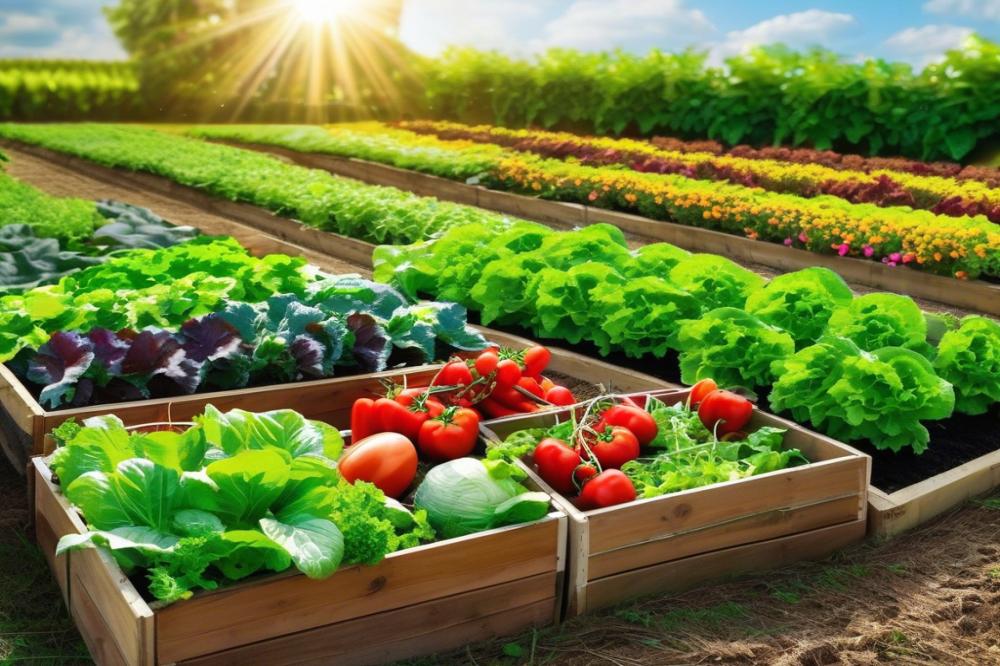

Every vegetable has specific nutrient requirements that help them thrive in the garden. For example, leafy greens like spinach and lettuce require high nitrogen levels. This nutrient promotes healthy foliage. Root vegetables, such as carrots and beets, need phosphorus to support strong root development.
Tailoring Organic Fertilizer Choices Based on Vegetable Types
Select the right fertilizer based on the types of vegetables you grow. For leafy greens, consider using compost or worm castings. These enrich the soil with organic matter and boost nitrogen levels. Tomato plants, on the other hand, benefit from calcium, phosphorus, and potassium. Bone meal can provide the essential phosphorus to encourage strong growth. Meanwhile, adding fish emulsion offers a steady supply of nitrogen and trace elements.
In contrast, brassicas like broccoli and cabbage thrive with blood meal as it adds necessary nitrogen. Kelp meal is another great choice for all types of veggies, as it provides a range of micronutrients that help improve overall plant health. Do not overlook the benefits of well-aged manure. It can enhance soil texture while supplying essential nutrients.
Signs of Nutrient Deficiencies in Vegetable Plants and Corrective Measures
You can often tell if your plants are lacking nutrients by their appearance. Yellowing leaves may indicate nitrogen deficiency, while dark green leaves with purple edges could mean phosphorus is low. Fading leaf color can point to a potassium shortage. Quick corrective measures can help restore balance.
When you notice these signs, it’s time to take action. Apply a slow-release fertilizer that matches the nutrient needs of the plants. For nitrogen, use blood meal or fish emulsion to give vegetables a boost. If phosphorus is lacking, sprinkle bone meal around the base of the plants. Adjusting with kelp meal can revive those struggling with micronutrient deficiencies.
Pay attention to your garden, and the vegetables will reward you with rich flavors and healthy growth. Successful gardening is about recognizing these needs and adjusting your strategies to meet them. Balanced nutrient support can make all the difference.
Maintaining Soil Health with Organic Matter
Organic matter plays a vital role in maintaining soil fertility. It enhances soil structure, allowing for better water retention and aeration. Plants thrive when their roots can access air and moisture. This means healthier vegetables and more bountiful harvests. Building strong soil relies on these simple yet effective elements.
Using cover crops is one popular method to boost organic content. These plants can be grown between main crops or during the off-season. Once they decompose, they add valuable nutrients back into the soil. Additionally, mulch serves as another effective way to enrich organic matter. A layer of straw, leaves, or wood chips not only protects the soil but also decays over time, feeding the earth. This combination of practices helps create a rich environment for vegetable gardens.
Healthy soil teems with microbial life. These tiny organisms play an essential role in breaking down organic materials. When compost, worm castings, or manure are added, they help transform these materials into plant nutrients. Microbes work tirelessly, cycling nutrients, making them available for plant uptake. Kelp meal and fish emulsion also enrich microbial activity, providing essential trace elements. Blood meal and bone meal are fantastic slow-release fertilizers that complement this process. They sustain plants over an extended period, reducing the need for frequent fertilization.
By focusing on enhancing organic matter, gardeners can create a thriving ecosystem in their soil. A vibrant soil community means healthier vegetation and improved yields. Your vegetables will not only grow faster, but they will also become more nutrient-dense. Ultimately, taking care of your soil paves the way for gardening success.
Final Thoughts on Organic Gardening
Using organic fertilizers offers many benefits for growing healthy vegetables. These natural options improve soil structure, promote beneficial microorganisms, and enrich nutrient content. Healthy plants are more resistant to pests and diseases, which means less reliance on chemical treatments. By choosing organic methods, gardeners also contribute to a healthier environment.
Exploring various options for nourishment is essential for any gardener aiming for a thriving garden. Compost is an excellent choice, as it recycles kitchen and garden waste into a rich, nutrient-dense soil amendment. In addition, incorporating worm castings into your routine can boost your plants’ health significantly. The nutrients in these natural fertilizers release slowly, providing sustained growth over time.
When embarking on the journey of organic gardening, remember that every small step counts. Embrace sustainable practices and watch your garden flourish. With a little effort and care, you can enjoy bountiful harvests while protecting the planet. Happy gardening!

